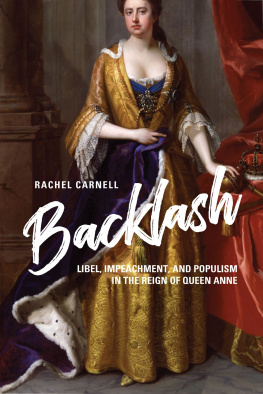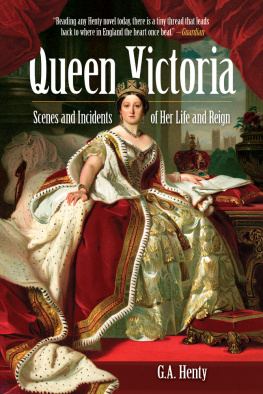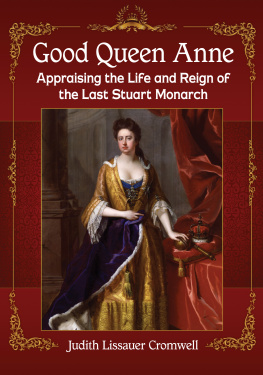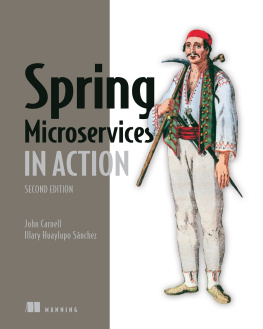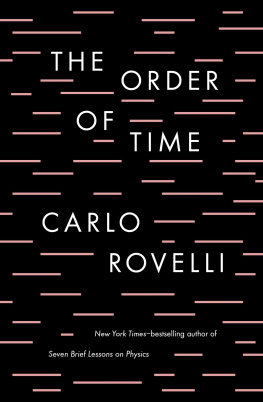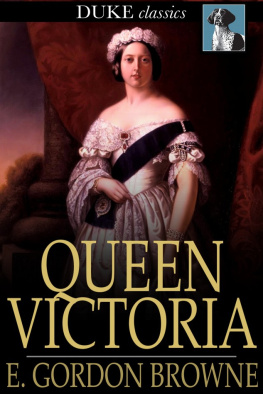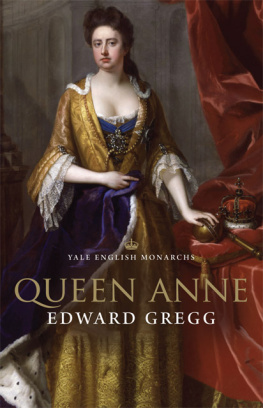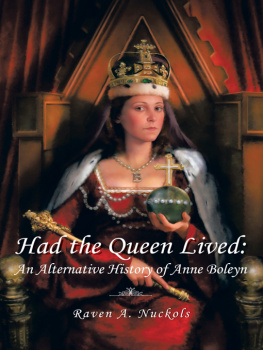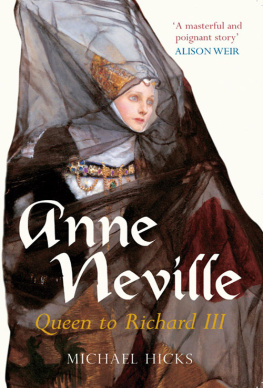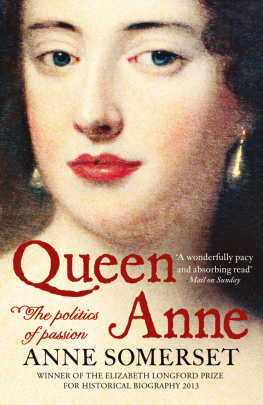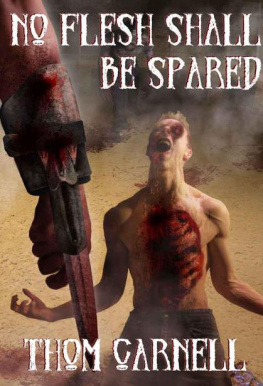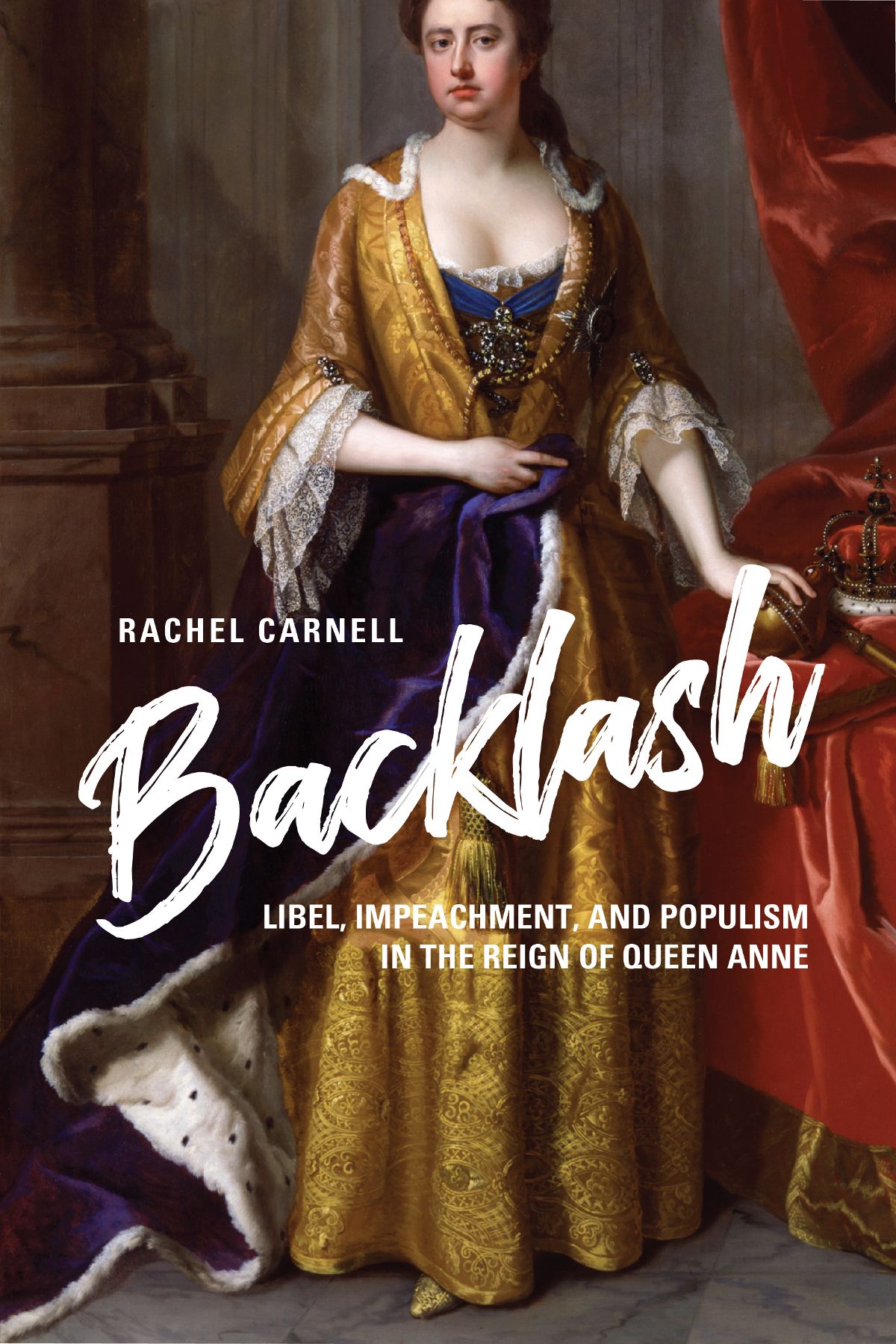I AM GRATEFUL to everyone who supported this book in its early stages, including my parents, John and Sue Carnell, neither of whom, unfortunately, lived to see it come to fruition. Ruth Herman and Bob Owens deserve credit for introducing me to the life and works of Delarivier Manley. Chris Mounsey has provided invigorating intellectual conversations for over two decades, and delicious meals whenever I am in London. Paula Bloch attentively read through each chapter in sequence, over the course of the year I was writing. Carole Sargent saw value in this project from our first conversation about it. She also generously provided images from The New Atalantis and Memoirs of Europe from her own Manley collection. At Cleveland State University, Jeff Karem and Jerzy Sawicki have been enthusiastic supporters of my research as long as I have known them. This book could not have been completed without Faculty Scholarship Initiative grants from Cleveland State Universitys Office of Research for the summers of 2018 and 2019. Will Dube has been a savvy marketer and invaluable in bringing my op-eds based on this research to newspaper readers around the globe. Jane Dugan, Lori OLaughlin, and Mark Wirtz have provided daily support and friendship in the English Department.
I appreciate the assistance of the staff at the British Library, the National Archive (UK), and Cleveland State Universitys Ohiolink and Interlibrary Loan departments. Alexa Frost at the Blenheim Archive and Emma Stuart at the Royal Collections Trust, Windsor, were both extremely helpful during my visits. I am grateful to the Fellows of Magdalen College, Oxford University, for permission to reproduce a portrait of Henry Sacheverell and to Rachel Mehta for assistance with the image transfer. Chatham Ewing, at the Cleveland Public Library, was generous with his time and expertise in digital imaging. John Ball, at the University of Akron Library, Archival Services, was incredibly helpful, as was William Claspy, head of Special Collections at Kelvin Smith Library, Case Western Reserve University.
Angie Hogan and Ellen Satrom, at the University of Virginia Press, have been a terrific team during the publishing process. Two anonymous peer reviewers offered comments that greatly improved the manuscript, and Marjorie Panell provided thoughtful suggestions for developing the epilogue. Writing this book would not have been so pleasurable without the daily companionship of my husband and daughter, Gregory and Alison Lupton. My mother, to whom I dedicate this book, was a kindred spirit and my best friend.
D URING THE ERA encompassed by the events described in this book, there was a ten-day difference between dates in continental Europe, where New Style (Gregorian) dating was used, and in Britain, where Old Style (Julian) dates were still in use until 1752. Most events in this narrative, with the exception of battles on the Continent (given with the New Style dates used in military histories about them), are referred to with Old Style dating. Letters written on the Continent (e.g., from the Duke of Marlborough to family and colleagues in England) are cited with their NS dates, while letters written in Britain are cited OS. Thus I refer to the Battle of Malplaquet as taking place on 11 September 1709 (NS), but the letters his wife and Sidney Godolphin write to Marlborough about it (in OS) may appear to predate it. In this era, the civil or legal year in England did not begin until 25 March, but I follow the standard modern convention of dating, with the year starting on 1 January.
Citations are from primary sources whenever feasible, and I have retained the original spelling, capitalization, and italicization. In the case of materials available only through secondary sources, the formating has in some cases been modernized. When the letter writer uses a cipher (usually a coded numbering system in which Queen Anne was, for example, sometimes 42, and the Duke of Marlborough 39), I have replaced the number with the persons name.
In this era, the term ministry was often used to refer to the government ministers or members of a monarchs cabinet. Thus there was a change of ministry when Queen Anne overhauled her cabinet, as she did in February 1708 and again in the summer of 1710. Because of the mix of politics and religion in this work, potential confusion arises for modern readers more accustomed to the religious than the political meaning of the term ministry, and I have attempted (outside of citations) to use the term cabinet to refer to her group of cabinet ministers.
Backlash
Backlash Then and Now
I N THE EARLY YEARS of the twenty-first century, there seemed reason for Americans and Britons to celebrate their respective nations progress in upholding democracy, equality, and international cooperation. The United States elected its first African American president in 2008, and by 2013 the United Kingdom had reached its fourth decade as a member of the European Union, a union that was guaranteeing peace among a group of nations that in previous centuries had regularly been convulsed by warfrom the Hundred Years War in the thirteenth century to the world wars of the twentieth. By 2016, however, signs of a backlash had started appearing. A real estate magnate known for anti-immigrant race baiting was elected president of the United States, and British voters, in a referendum, chose to exit the EU. Calls to impeach President Trump in the United States in the first thousand days of his term were countered by concerns that impeachment would ignite populist support for him. Yet even as impeachment hearings began in Congress in the autumn of 2019, Trump bragged about his disregard for presidential conventions and congressional oversight. He repeatedly suggested that he was above the rule of law; he even falsely asserted in July 2019 that Article II of the US Constitution gave him the right to do whatever he wanted as president. He ordered members of his own staffs to defy congressional subpoenas in the impeachment proceedings. Brexit produced a simultaneous political crisis in the UK, with Parliament and Prime Minister Boris Johnson still struggling in 2020 to reach consensus on the details of Britains departure from Europe. In September 2019 the UK Supreme Court was obliged to intervene to reverse Johnsons prorogation of Parliament in the middle of critical debates about Brexit.

